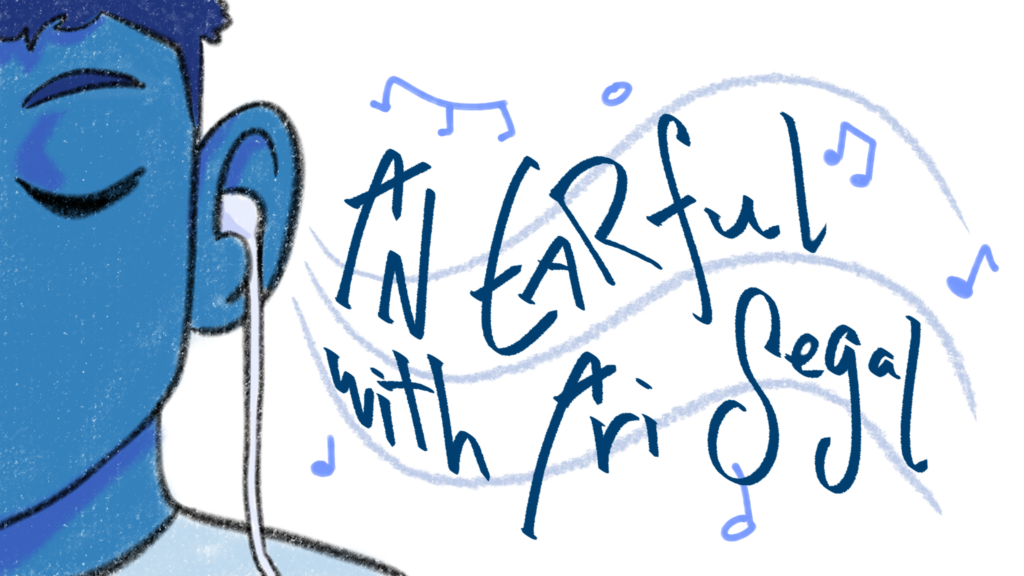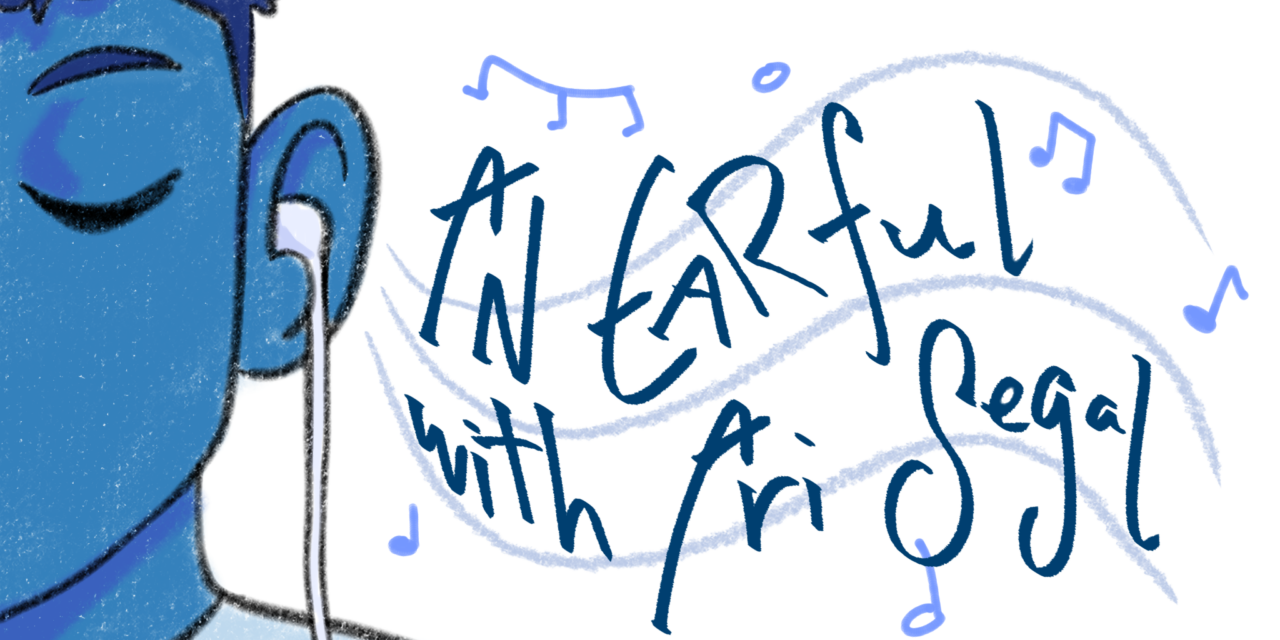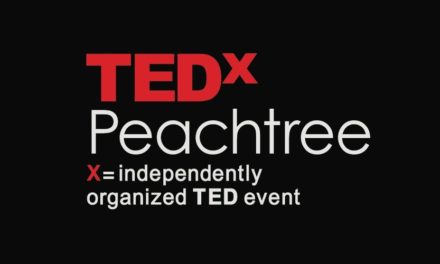 (Ha-tien Nguyen / Podcast Editor)
(Ha-tien Nguyen / Podcast Editor)
Beck’s major label debut “Mellow Gold” released via Geffen Records on Mar. 1, 1994 sounds like it was recorded in a tin can found on the side of a deserted road — and I do not mean that in a dismissive way.
“The whole concept of ‘Mellow Gold’ is that it’s like a satanic K-Tel record that’s been found in a trash dumpster,” the singer-songwriter told Rolling Stone. “I was just taking that whole Freedom-Rock feeling, you understand.”
Though greatly bolstered by its lead single “Loser,” the lo-fi-infused folk-rap album still holds water on its own. It is a grimy and unfiltered look at homelessness, poverty and the endless deadends of a struggling U.S. citizen. Beck was a high school dropout and battled homelessness for most of his adult life before his breakout throwaway track rattled the industry. Despite his rugged upbringing, a sense of youthful optimism still penetrates his debut album.
Instead of starting the Beck story with his ubiquitous slacker anthem “Loser” — his misleading hit single a la Radiohead’s “Creep” (1992) — I want to start the discussion of his debut on the second track of the album: “Pay No Mind (Snoozer).” Lyrical contradictions, poorly mixed drums and a deliberately anti-commercial sound riddle the track, but it is also a song with unmistakable charm.
“Tonight the city is full of morgues / And all the toilets are overflowing,” Beck half-sings in the first verse. “There’s shopping malls coming out of the walls / As we walk out among the manure.”
Something both childish and visceral about those couplets stirs the listener — the way they bizarrely complement each other and invoke the imagery of barren and sludgy wasteland. Overflowing toilets, pointless shopping mall stripes, walking through literal feces, Beck tries over and over again to throw a monkey wrench into any lyrical thread through the song. The track is the embodiment of free association and exhibits Beck’s trademark blend of youthful immediacy.
“Pay No Mind (Snoozer)” is the perfect introduction to “Mellow Gold,” an album that would have been left to rot had the rules of alternative rock not been thrown out at the start of the decade. With the explosion of grunge music and the quest to sign more alternative rock acts, Beck surely benefited from the tailwind of these exciting artists and found a major label knocking on his door soon after “Mellow Gold” hit the market.
The album sounds cheap, and it is cheap: It was recorded entirely on a four-track recorder at Beck’s friend’s house.
I particularly enjoy the infectious stream-of-consciousness bop “Beercan,” a song that parallels the mood and ethos of the album’s towering opener, “Loser.” With a shuffling drum beat and muddy bass line, Beck raps about swirling chickens, decapitation and game shows all before he even hits that genial and familiar chorus.
“Winos throwing Frisbees at the sun / Put my soul between a bun,” Beck exclaims in the catchy chorus. “Now I’m hungry, now I’m drunk / Now I’m running like a flaming pig.”
Upon the first chorus, the song shifts into a lengthy bizarre instrumental breakdown of haphazardly placed vocal snippets. A fuzzy and earth-shattering guitar chord rams into the song and throws the listener back into that musical chorus again. The music video predictably makes no sense — it’s a psychedelic collage of a group of homeless people commiting property damage and running around various dilapidated backyards.
To contextualize Beck’s debut within the larger canon of lo-fi indie-folk records, which are admittedly few and far between, is also important. Cult bands like Neutral Milk Hotel, Dinosaur Jr., Duster, Dum Dum Girls and a few others influenced this underground sub-genre, but very few were doing it on a major label, and even fewer were subject to a bidding war over just one song. Before the days of snippets blowing up on TikTok, this was an impressive and singular feat.
The LA-based polymath would go on to readily discredit the one-hit-wonder diagnosis with his string of Grammy-Awards-winning albums. But the magic and mystique of Beck for a vast majority of people started with “Mellow Gold,” his deliberately anti-commercial, unfriendly and lo-fi-infused folk-rap album. There’s no other debut album quite like it, nor should there be.
Nothing has encapsulated this sinking acknowledgment of poverty and slacking off better than “Mellow Gold.” Even stacked against other lo-fi folk or rap albums — which predictably few exist — “Mellow Gold” decidedly works, even 30 years later. Beck’s debut endures decades later because of just how forward-thinking it is with its marriage of folk, hip-hop and a religious adherence to the DIY aesthetic.
Ari Segal (he/him/his) (25C) is from Boca Raton, Florida, and majoring in Philosophy, Politics and Law (PPL). He is the Arts and Entertainment Editor at the Wheel. Outside of the Wheel, he is involved with the Emory Law School, Emory Conversation Project and the SPARK Mentorship Program. If you run into Ari, he is probably talking about music, listening to music or playing music on the guitar.






